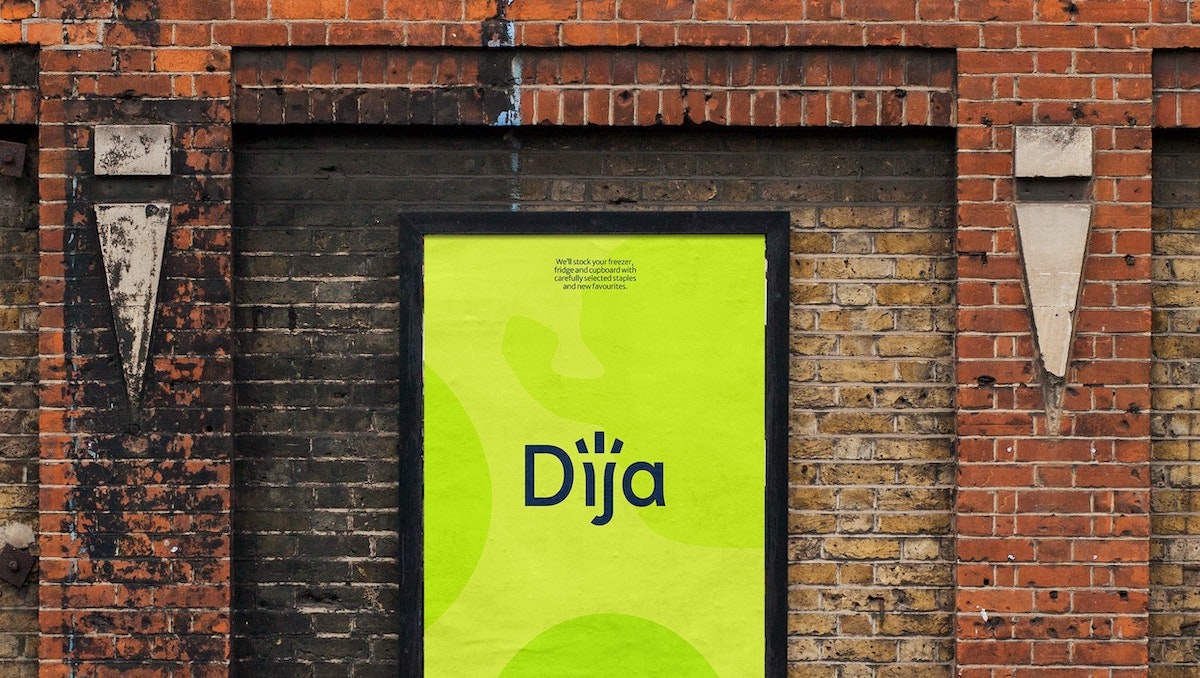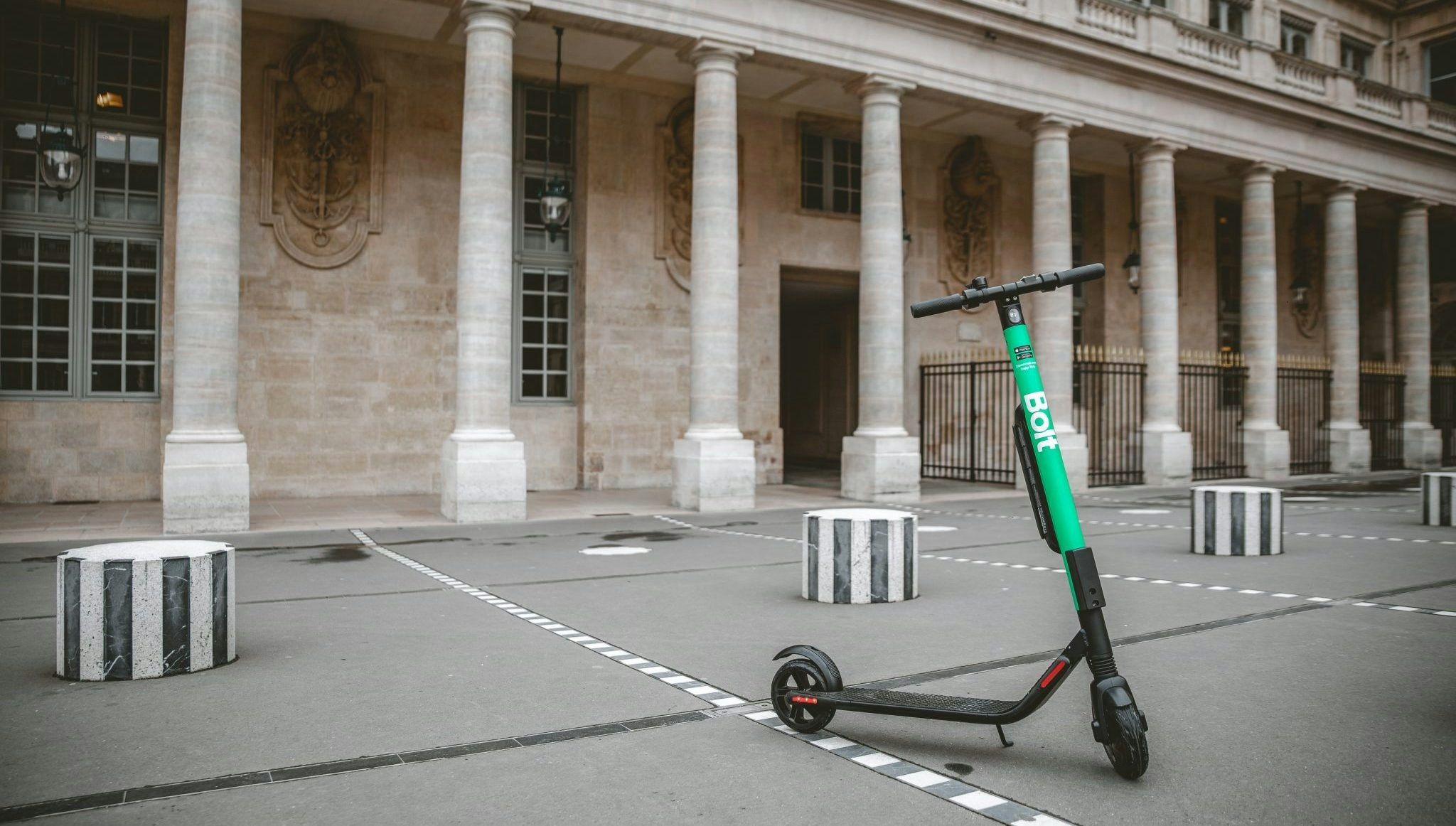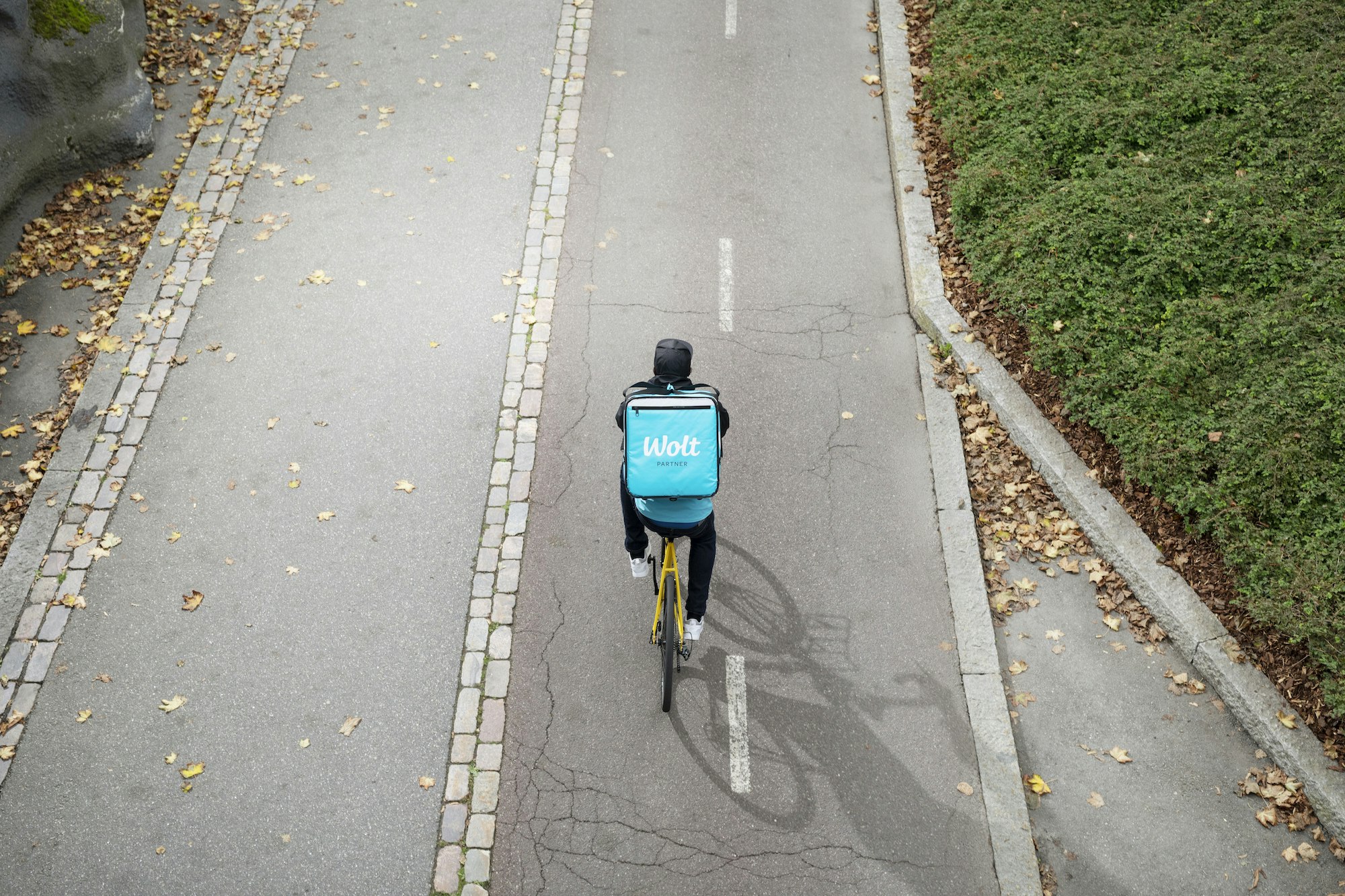Money has come thick and fast for Estonian startup Bolt, which announced today a fresh round of €628m at a valuation of €7.4bn, after raising €600m last August.
The round, led by Sequoia Capital and Fidelity Management and Research Company LLC, with participation from Whale Rock, Owl Rock, D1, G Squared, Tekne, Ghisallo and others, brings the total raised by the nine-year-old startup to an eye-watering sum north of €1.8bn, according to Dealroom data.
Europe’s superapp
The Tallinn-base mobility startup, founded in 2013, has become arguably Europe’s first superapp.
“In reality there's no other platform that could offer five products like we do: ride-hailing, electric scooters, car sharing, restaurant delivery and grocery delivery,” founder and CEO, Markus Villig, tells Sifted.
In reality there's no other platform that could offer five products like we do: ride-hailing, scooters, car sharing, restaurant delivery and grocery delivery
“Nobody else does it all, not to mention to any reasonable scale,” he adds. “Bolt Market [its 15-minute grocery delivery service] launched just six months ago and it's now live in 10 countries. We’re able to do that because we already have this platform built out, so once you already operate in all these countries you have payments, legal teams in place, etc, it’s so much easier for you to roll out new products on top of this ecosystem."
Rapid growth
Bolt’s top-line numbers are impressive: since October 2020 the company has grown from having a presence in 200 cities to over 400 across Europe and Africa; from 2,000 employees to over 3,000; from 50m passengers to 100m globally; and from a valuation of around €2bn to €7.6bn today.
Villig says that from a consumer point of view, having a company like Bolt offering various mobility-linked services makes sense. “You have your payment details there, all the rest of the data, so it's easy and natural for you. You don't need to download another app to use the other pillars.”
Cities, meanwhile, benefit from having a long-term relationship with a trusted partner across different areas.
As for Bolt itself, there's massive cost synergies. “Some of the product development is naturally shared, you don't need to develop the same payment stack twice, the geo services, route maps and so on.
“The biggest thing is that for all of these platforms, usually why they're raising hundreds of millions is because 50-60% of the P&L [profit and loss] is marketing,” Villig adds. “The benefit we have is that once you already have these customers in the ecosystem it's very easy to transfer them to use your other products and you don't need to spend that money.”
Getting cars off the streets
The stated goal of Bolt's latest raise is to accelerate the transition from owned cars to shared mobility, while cementing Bolt’s role in that transformation.
“We see that we're in a really, really great position to grow at the moment," says Villig. "We've spent the last eight years building out the organisation, building out the tech, this user base of 100m people and so on.”
At the same time, he adds, people are increasingly realising that no one solution is going to replace private cars on its own.
“I think originally some people were hopeful that maybe ride-hailing is going to replace it, or maybe scooters are going to replace it,” Villig tells Sifted. “The thinking we’ve now come to is that you need to have this full ecosystem. I think we're the company that's actually closest to making that happen.”
Regulators also need to take a more hands-off approach, he says. “What we're advocating for is that there should be an open market, you shouldn't restrict this competition.”
What we're advocating for is that there should be an open market, you shouldn't restrict this competition
“You need to regulate some minimums in terms of safety or parking requirements or whatnot, but other than that you should let the free market actually operate and then you'll see over time who's going to be the best operator that consumers choose,” he adds. “Currently that's not been the case in many cities, unfortunately. That's something that we're educating more and more cities on; why don't you allow more competition for electric vehicles in your city — that's going to be good for everybody.”
On-demand groceries
When it comes to Bolt Market, Villig says now is an important moment for European on-demand grocery delivery services, with a strong disconnect between some of the profit figures being thrown about and the reality.
“We’ve seen this play out so many times,” he says. “You have a new industry that comes up. You have a dozen startups that come, everybody invests, and a couple of years later actually only a few are going to be remaining because generally these are very high-scale industries — unless you're doing probably billions in GMV [gross merchandise value] you’re not going to make it.”
He adds that there are currently a lot of inflated valuations, with many touting crazy expected profit margins, sometimes 15-20%. “Which doesn't make any sense when you look at the traditional margins, which are more like 3% or 5%,” says Villig. “We've always taken a more frugal approach. We think that we're going to have similar economics to what existing grocery players do.”
“Groceries is one of the biggest consumer spending categories there is, but you shouldn't expect high margins, and optimising every percent really matters,” he adds.
Groceries is one of the biggest consumer spending categories there is, but you shouldn't expect high margins, and optimising every percent really matters
The current goal for Bolt Market is to cover most of the countries where Bolt already operates food and restaurant delivery services. “That’s where the biggest synergies are,” says Villig. “There are hundreds of cities for us to expand into in the 15-plus countries where we operate Bolt Food.”
The startup has now established dozens of black stores — distribution centres that cater exclusively to online shopping — across Poland, Portugal, Czech Republic, Romania, Lithuania, Latvia, Estonia, Croatia, Slovakia and Sweden, and next year expects that number to reach into the hundreds.
“When you look at the penetration of digital groceries, in central and eastern Europe it's less than 5%, so we're very much in the early days,” Villig adds.
Triple-digit growth
Villig won’t say exactly how much revenue Bolt made last year, but did say that across its various verticals the company had billions of euros in gross bookings.
“Last year we more than doubled in size, which is quite the contrast to everybody else,” he says. “When you look at all these other players, generally they're growing 30%, maybe 50% a year, nobody's growing triple digits and last year we grew way more than that. It really shows the benefit of the ecosystem kicking in.”
Ride-hailing remains Bolt’s biggest business — which Villig puts down to the fact that they've been working in that space for the longest — but the other four services are faster-growing. “We expect that over time all of them are going to contribute quite meaningfully,” he says, with each pillar accounting for at least 10% of the company’s revenue.
It really makes sense to pick a few cities, really double down, make sure you offer the best services there
Meanwhile, Bolt continues to stay clear of the US market. “It really makes sense to pick a few cities, really double down, make sure you offer the best services there and not spread yourself too thin," says Villig. "That's the approach we have, which is that we want to focus only in Europe and Africa exclusively, and do all these products that we're doing in all of these cities really, really well, rather than spread ourselves thin and probably not make a meaningful impact anywhere.” Almost half of Bolt's business now comes from Africa, an often-overlooked region for many startups.
Going forward, Bolt has no plans to slow down.
“When you look at the funding that we are deploying, compared to the growth of the company, nobody else is even close," says Villig. "We're three, four times more cash-efficient than all of these other players. It makes sense for us to be aggressive and grow. That's why we're raising quite a substantial amount, because next year we want to again more than double the size of the business.”


